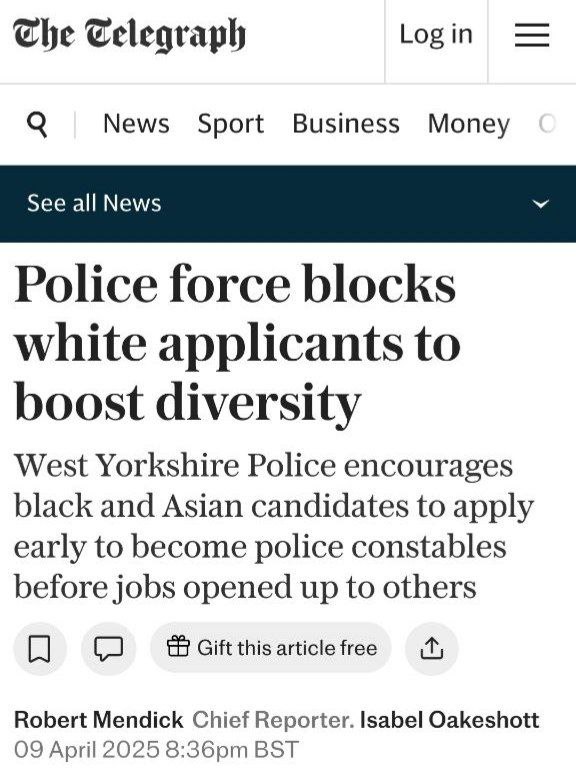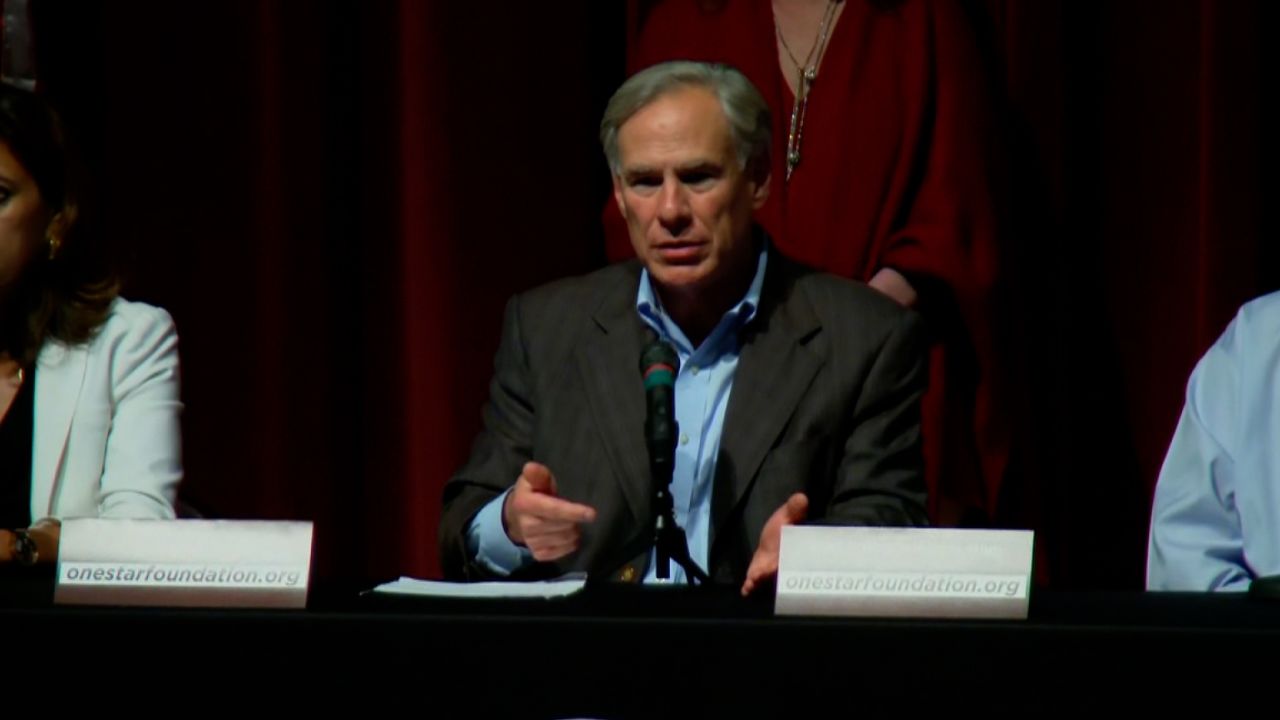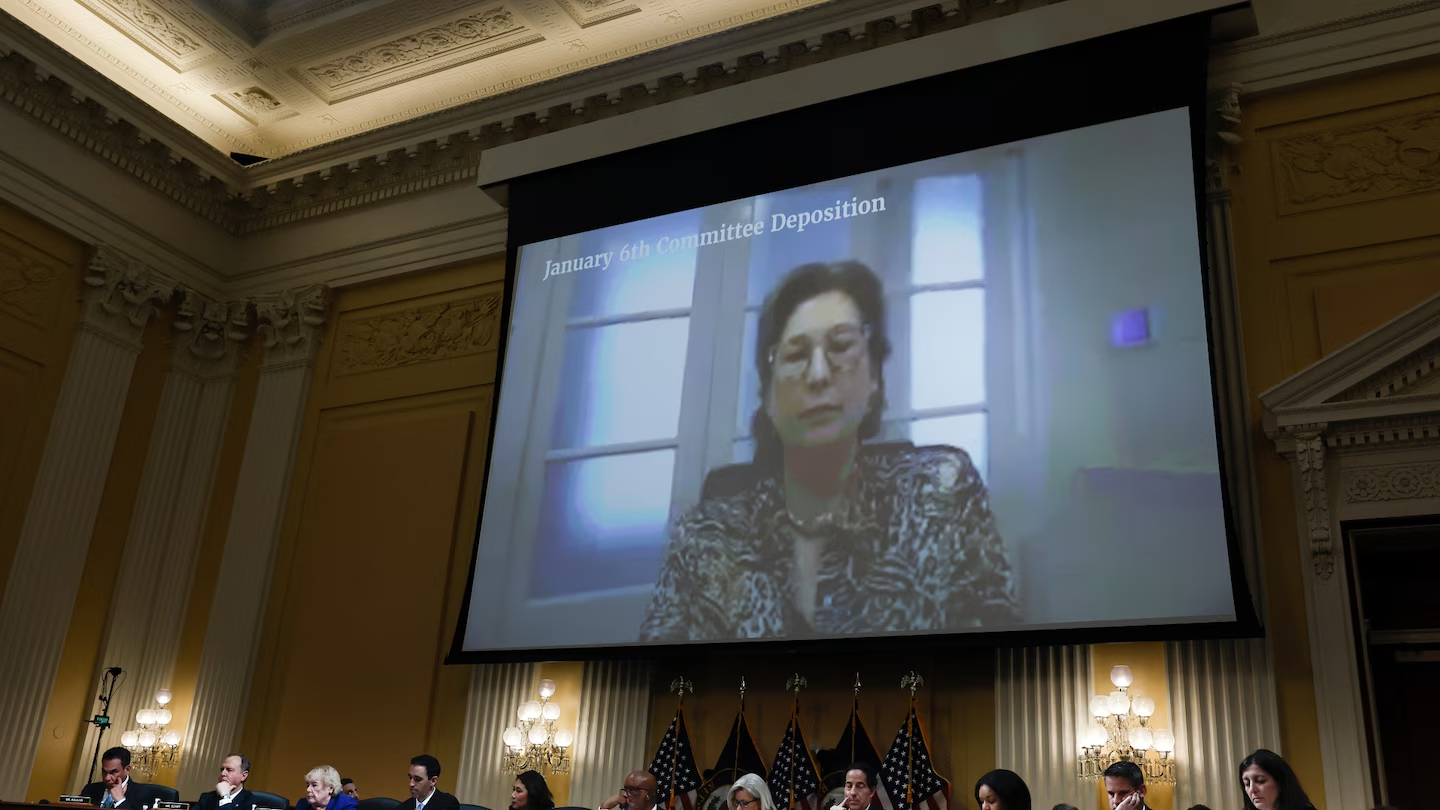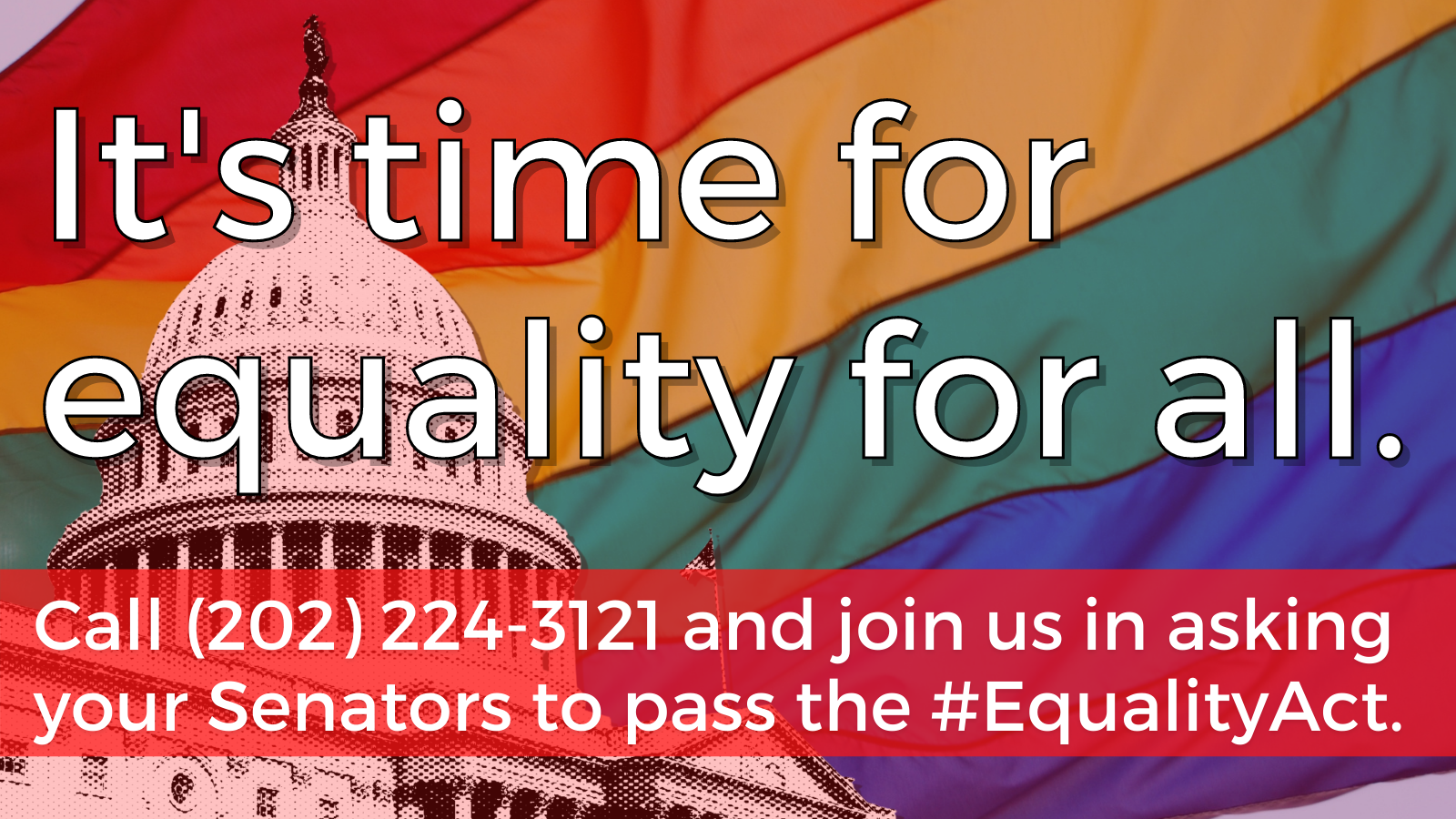"I Like Girls": A Powerful Statement of Identity and Acceptance Resonates with Youth
In a groundbreaking moment for LGBTQ+ representation, the popular youth anthem "I Like Girls" has gained significant traction this week, resonating deeply with adolescents across the nation. This song, which boldly celebrates same-sex attraction, has become a cultural touchstone, sparking discussions on identity and acceptance among young listeners.
Details Emerge
Released by rising artist Jamie Lee on September 10, 2025, the song quickly climbed the charts, reaching the number one spot on various streaming platforms within days. The lyrics, which emphasize the beauty of love between girls, have struck a chord, as many listeners report feeling seen and validated. According to recent studies, positive representation in media is crucial for LGBTQ+ youth, enhancing their sense of identity and belonging.
This surge in popularity comes at a time when discussions about LGBTQ+ rights are increasingly relevant. Earlier this month, a report highlighted the alarming health disparities faced by LGBTQ+ youth, revealing that they are at a higher risk for mental health issues due to societal stigma and discrimination. The impact of supportive media, such as "I Like Girls," is vital in countering these challenges, providing a platform for young people to express themselves freely.
Impact on LGBTQ+ Youth and Representation
The resonance of "I Like Girls" extends far beyond mere entertainment; it represents a pivotal moment for LGBTQ+ youth who are often marginalized in mainstream narratives. As studies indicate, LGBTQ+ adolescents face significant health disparities stemming from societal stigma, which can manifest as anxiety, depression, and other mental health challenges. The affirmation of their identities through popular culture can serve as a vital counterforce to these distressing statistics, fostering an environment where acceptance flourishes.
Looking Ahead
Experts warn that while the song"s popularity is encouraging, it must translate into broader societal changes. The urgency to address systemic issues affecting LGBTQ+ communities remains critical. "We need to see more than just songs or slogans; we need real policy changes," states Dr. Elaine Thompson, a leading researcher in youth mental health. This sentiment underscores the necessity for sustained advocacy and visibility within both cultural and political spheres.

Image for jamie lee concert 2025
Next Steps for Advocacy and Support
Looking ahead, the implications of this cultural phenomenon invite action from various stakeholders. Activists and community leaders are poised to leverage the song"s popularity to initiate dialogues about LGBTQ+ rights, pushing for legislative reforms that protect vulnerable populations. Furthermore, educational institutions must prioritize inclusive curricula that not only celebrate diversity but also equip students with the tools to understand and respect different identities.
As the momentum builds, organizations focused on LGBTQ+ advocacy are rallying to create support networks for youth, emphasizing mental health resources and safe spaces. The question remains: will the impact of "I Like Girls" catalyze long-term changes that improve the lives of LGBTQ+ youth? The coming months will be crucial in determining how this cultural moment translates into concrete support and systemic reform.







